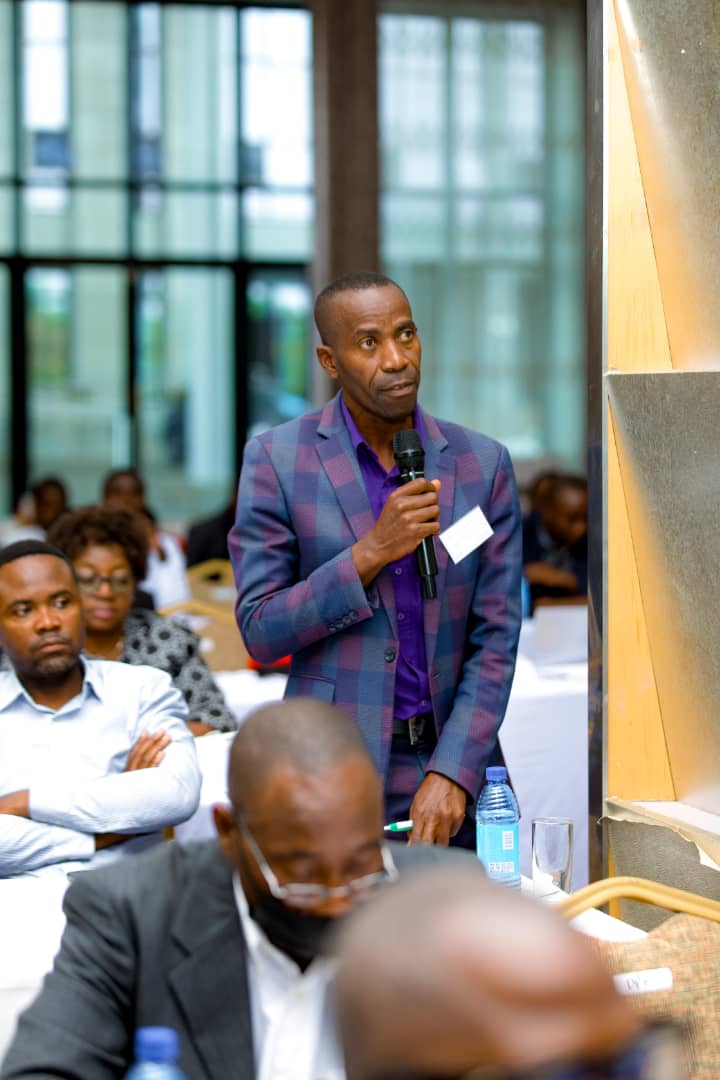By Stevie M Kauka
The unsung heroes — the silent worker?
For this year’s Labour Day, let us begin with this quote.
“Work hard in silence; let your success be your noise.” — Frank Ocean.
In most countries around the world, May 1 is a public holiday for workers.
The holiday is commonly known as Labour Day.
Labour Day honors the contributions of workers.
It is a day to celebrate the role of workers in the economy and to address the real issues and challenges they face.
It is also a time when labor movements, employers, and employees from all walks of life unite with a common purpose — to celebrate their contribution to economic growth.
Furthermore, Labour Day commemorates the struggle that led to the globally accepted 8-hour working day.
History tells us that New Zealand was among the first countries to claim this right.
The first Labour Day in New Zealand was celebrated on 28 October 1890.
However, this was after a long struggle that began in the 1860s for recognition of the 8-hour workday.
In the UK and some Commonwealth countries, Labour Day is now observed on May 1, a departure from New Zealand’s original October date.
In other countries, it is celebrated in September.
Back home in Malawi, it is once again time to honor the worker — their contributions to social development and their role in the economy.
Many articles have been written in Malawi to commemorate this day, some positive and others critical.
However, this article focuses on the silent worker — the unsung hero.
In Malawi’s Employment Act of 2010, such a worker is mentioned twice as a shift worker.
Although legally they are the same as employees, we will refer to them simply as workers.
The Employment Act of 2010 of Malawi states:
“An Act to establish, reinforce and regulate minimum standards of employment with the purpose of ensuring equity necessary for enhancing industrial peace, accelerated economic growth and social justice and for matters connected therewith and incidental thereto.”
Most labor legislations define who a worker is and who is deemed to be working under a contract of service.
A worker is defined as an individual:
who performs work for an employer;
or who agrees with an employer to perform work at the employer’s direction, instruction, or request, whether under a contract of employment (express, implied, oral, or in writing) or otherwise;
or who is deemed to be a worker by the legislation.
Contractors, on the other hand, are defined as people working under a contract of service.
So, who exactly is a silent worker?
To understand this better, let us look at three types of employees.
- Engaged Workers — “Engaged workers work with passion and feel a profound connection to their company. They drive innovation and move the organization forward.”
- Disengaged Workers — “Not engaged workers are essentially ‘checked out.’ They’re sleepwalking through their workday, putting in time — but not energy or passion — into their work.”
- Actively Disengaged Workers — “Actively disengaged workers aren’t just unhappy at work; they’re busy acting out their unhappiness. Every day, these workers undermine what their engaged coworkers accomplish.”
Research in the U.S. indicates that of the 100 million people in the workforce:
Only 30 percent are engaged and inspired at work.
20 percent are actively disengaged.
50 percent are present but not engaged or inspired.
This means that 70 percent of U.S. workers are either disengaged or actively disengaged.
Perhaps the National Statistical Office in Malawi could provide local data.
An actively disengaged employee may:
- Monopolize their manager’s time.
- Call in sick more often and have more work-related accidents.
- Contribute to “shrinkage” — such as loss of office supplies or inventory.
A disengaged employee may:
- Waste time or appear “checked out.”
- Show little or no concern for the success of the organization.
- Revolve their day around breaks.
Actively disengaged workers often hold a grudge toward the company.
They may intentionally or subconsciously disrupt operations.
These workers — who account for 20 percent of the workforce — are costly to companies.
Active disengagement costs billions to governments, including Malawi.
There are two sides to the coin of the silent worker — one positive and one negative.
The positive silent worker contributes greatly to the success of a company or country.
The negative silent worker is detrimental to economic growth.
It is during Labour Day celebrations that the issue of silent negative workers — or silent killers — should be highlighted.
All players in the economy must raise awareness about the increasing number of disengaged employees.
So, what should employers and HR specialists be watching out for?
Authorities must focus on how damaging actively disengaged workers are.
Disengaged employees often cause the most harm to an organization.
This may be because they form a large portion of the workforce, likely due to poor working conditions and lack of quality work life.
In my opinion, disengaged workers are like “silent killers.”
You may not hear or notice them, but their lack of effort quietly damages your organization.
These silent killers do everything they are supposed to do.
They show up to work and do the bare minimum.
But that’s it!
They don’t go beyond what’s required because they aren’t inspired or motivated.
To spot the silent killers in your office, take a good look around.
They are often the last to arrive and the first to leave.
If a worker isn’t exceeding expectations, solving problems, or showing initiative, they may be silently disengaged.
This doesn’t mean they lack potential.
It just means that something in the organization must change.
That change must come from within — like spraying air freshener in a room.
The freshener doesn’t target one specific spot; it fills the whole room, solving the broader problem.
Today, hero worship is common.
Many people are recognized by society for doing very little — perhaps just because they held prestigious positions.
Some are celebrated and rewarded simply for doing the job they are paid to do.
Others charge for everything they do, yet still receive praise.
Because silent killers are hard to detect, employers must find ways to promote engagement across the entire workforce.
This helps eliminate the silent killers while rewarding the positive silent workers — those who suffer and succeed in silence.
Do organizations have the capacity to acknowledge silent workers?
In today’s world, recognition often goes to those who hold power or make visible changes.
We frequently ignore the amazing contributions of silent workers.
Yet these silent workers are often the backbone of a company’s culture and success.
Leaders must recognize and value their contributions.
Sadly, this is rarely the case.
Many managers fail to acknowledge the people who built the institutions they now run.
I’m referring to those who created the work culture and silently laid the foundation for today’s organizations.
These silent workers have unwavering dedication and commitment.
They have positively influenced organizational culture.
They champion the cause of work quality.
Many of us have worked with such people and admired their passion for perfection.
Their roles are just as important — even if unrecognized.
They may never have received any award or praise, but they are the real pillars of institutions.
It is not salary that motivates them.
It is their deep connection to their institutions and values.
Though they may earn little, their commitment is unmatched.
Leaders must create systems to recognize such workers.
These forums — like Labour Day — must amplify the voice of silent workers and appreciate their contribution to Malawi’s development.
Finally, let me wish all Malawians of goodwill a Happy Labour Day.
As we strive to develop our country, let us remember: no one will do it for us.
It is up to us — especially the positive, silent, unsung workers who work behind the scenes without complaint.
The writer is a Fellow of IPMM and writes in his personal capacity.




